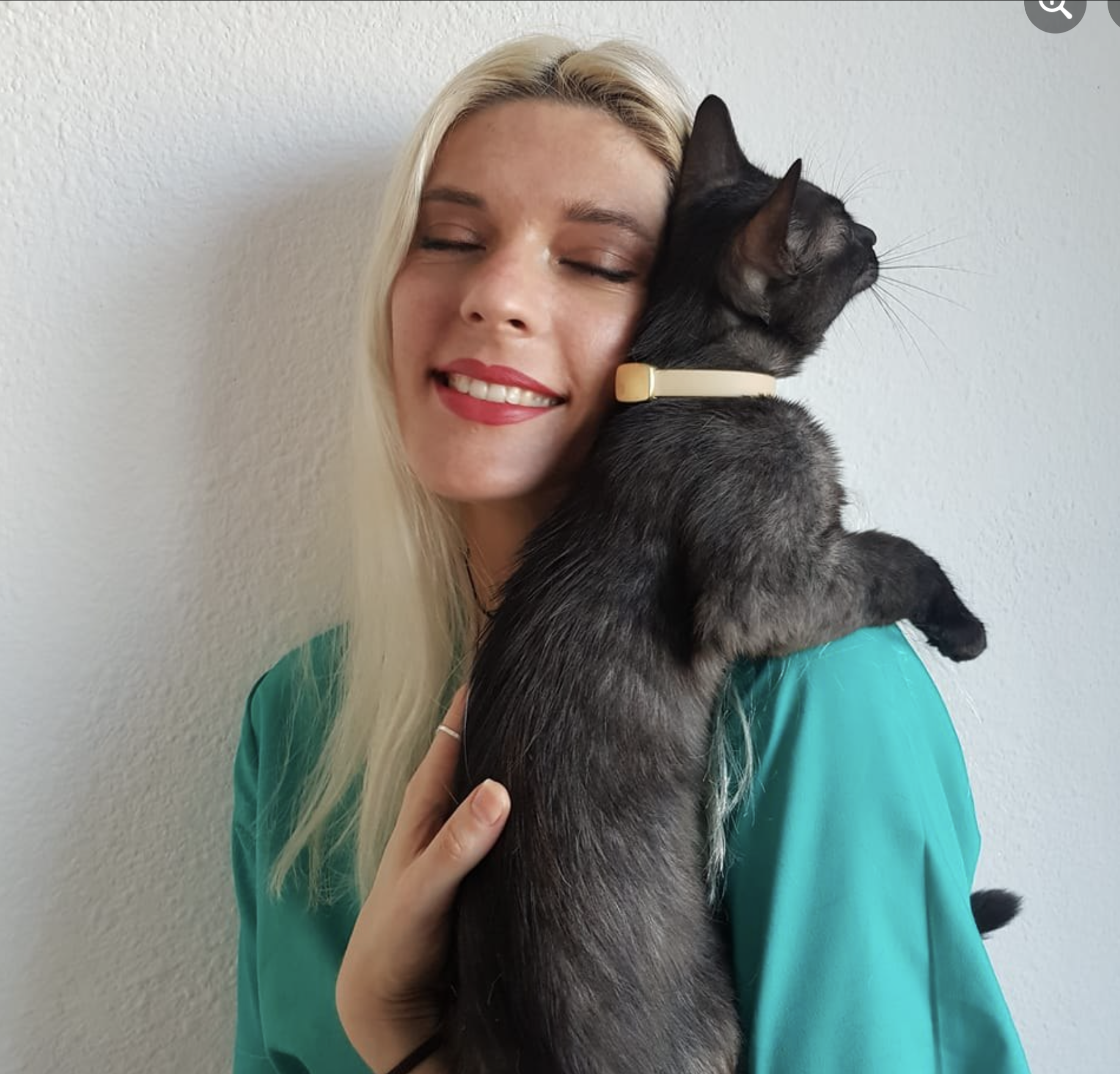The fact that dry food is better for your cat’s teeth than wet food is somewhat of a myth. Dry food has some benefits for your cat’s teeth (compared to wet food), but feeding it long-term can lead to other unwanted health problems.
Why Dry Food May Not Be Very Healthy for Your Cat’s Teeth
When it comes to your cat’s teeth, dry food can be a better option for its oral health ONLY if your pet actually chews the food and doesn’t swallow it whole. What would be the point of buying dry food if your cat is greedy and eats its food without chewing?
Dry food is supposed to have a mechanical action on your cat’s teeth. Studies show that the oral health of the incisors of young or adult cats fed a dry diet is better compared to the cheek teeth of older cats fed a wet diet.1
But feeding dry food rich in carbohydrates (e.g. starch) increases bacterial multiplication and its adherence to the dental surface, forming bacterial plaque.
Dry Food Can Lead To Other Health Issues
Many veterinarians also advise against feeding dry food because its long-term consumption can lead to multiple health problems, such as:
- Obesity
- Liver problems
- Diabetes
- Renal and urinary problems, etc.
Therefore, purchasing dry food only for the so-called dental benefits does not justify the health problems your cat may suffer in the future.
Best Practices for Maintaining Dental Health
We don’t advise you to maintain the dental hygiene of your cats through their diet only. Some of the best practices to maintain your cat’s dental health include:
- Brushing its teeth daily or at least every two days
- Switch to a freeze-dried or dehydrated diet (the same applies to treats)
- Take your cat to the vet to check its oral health


